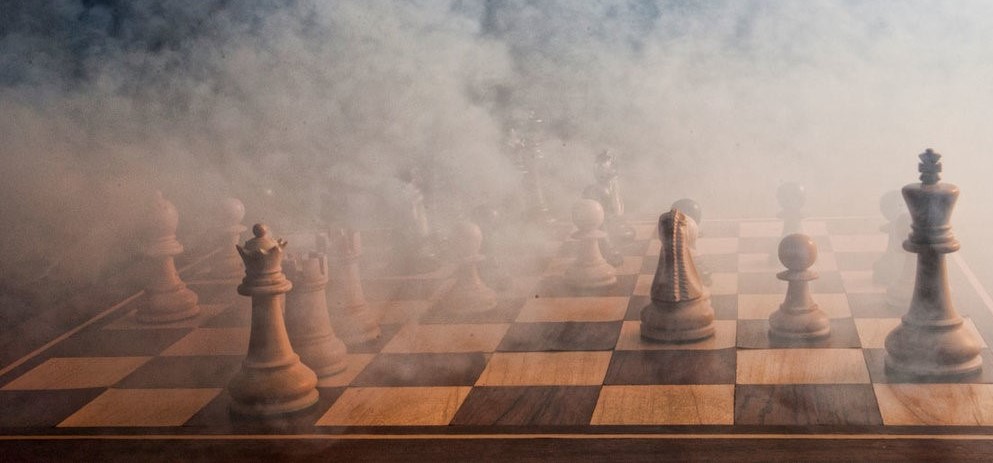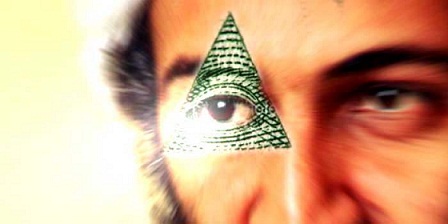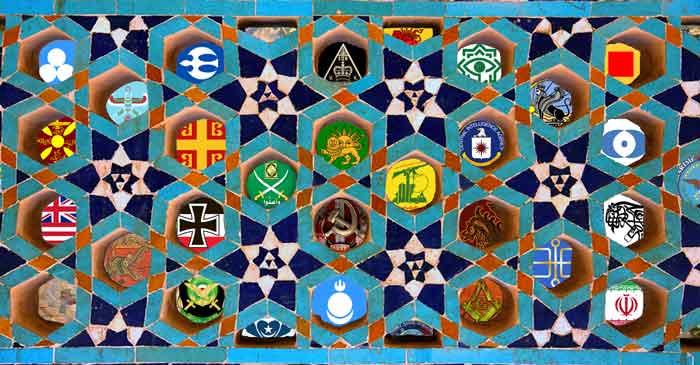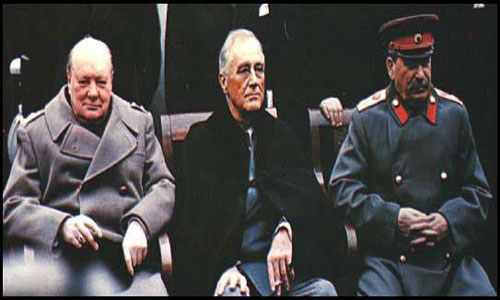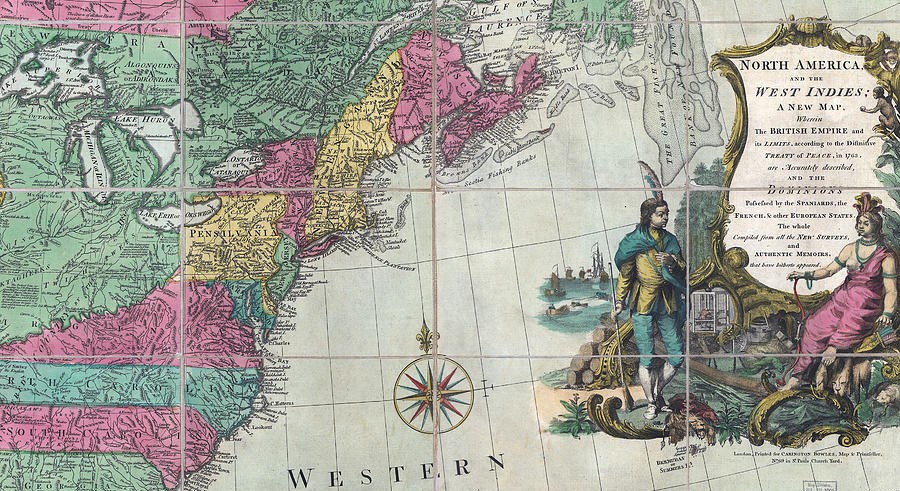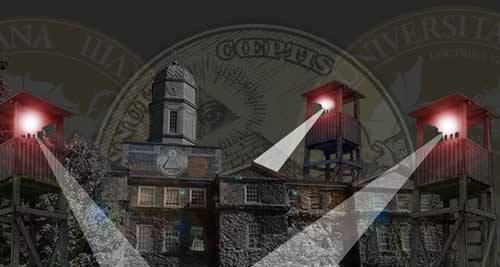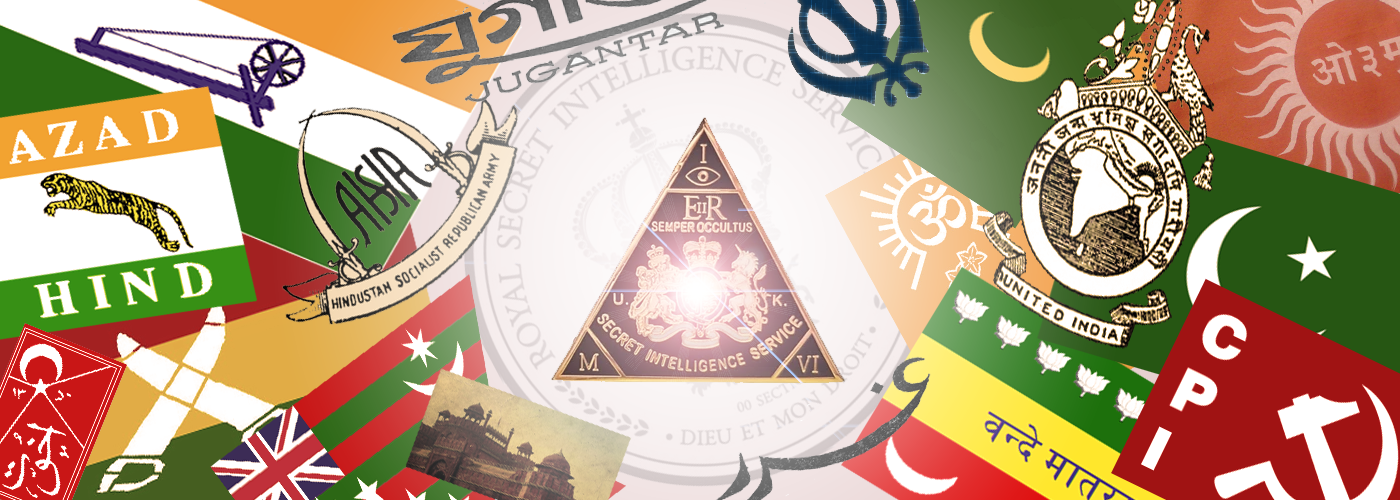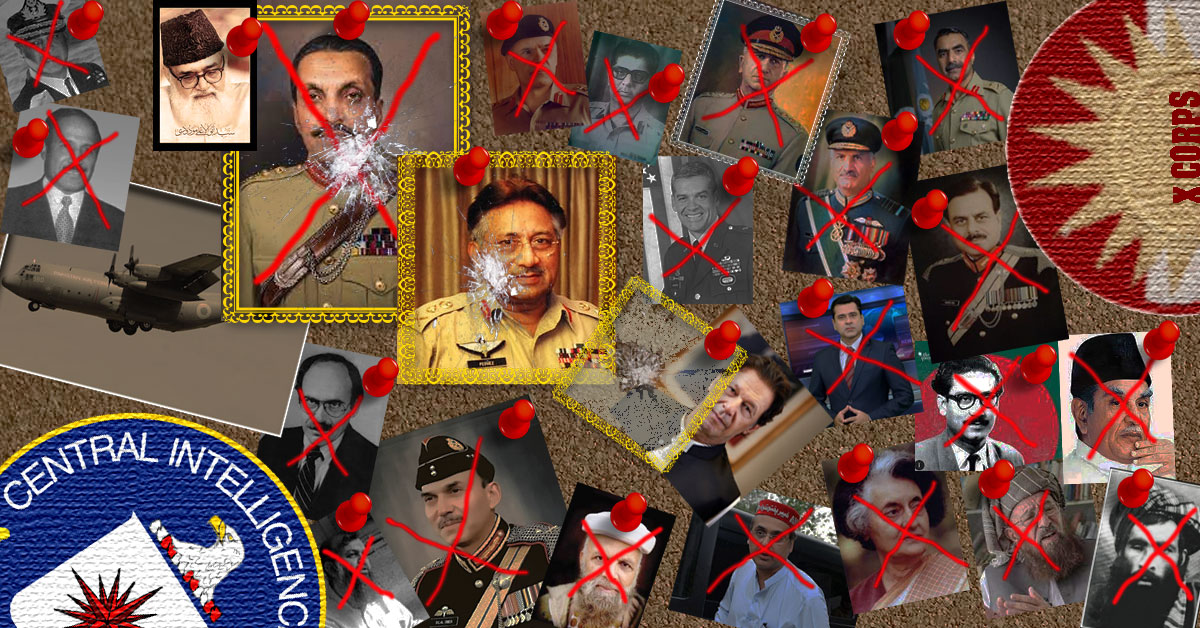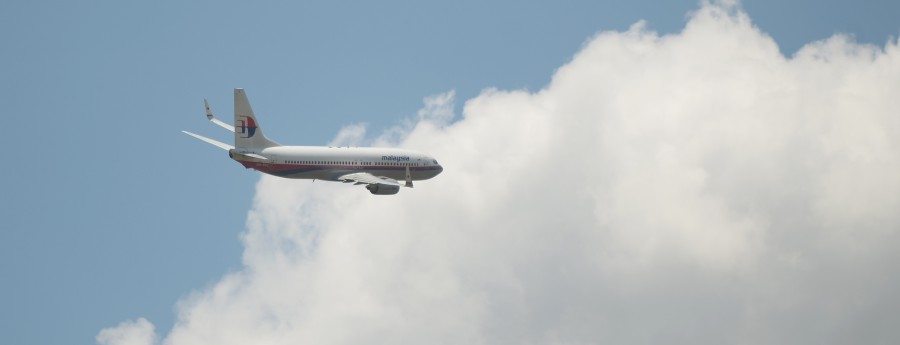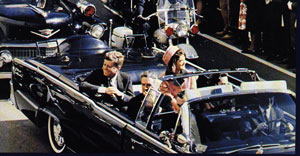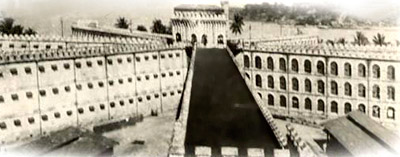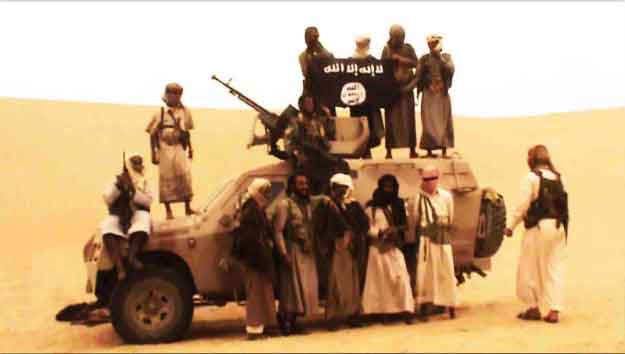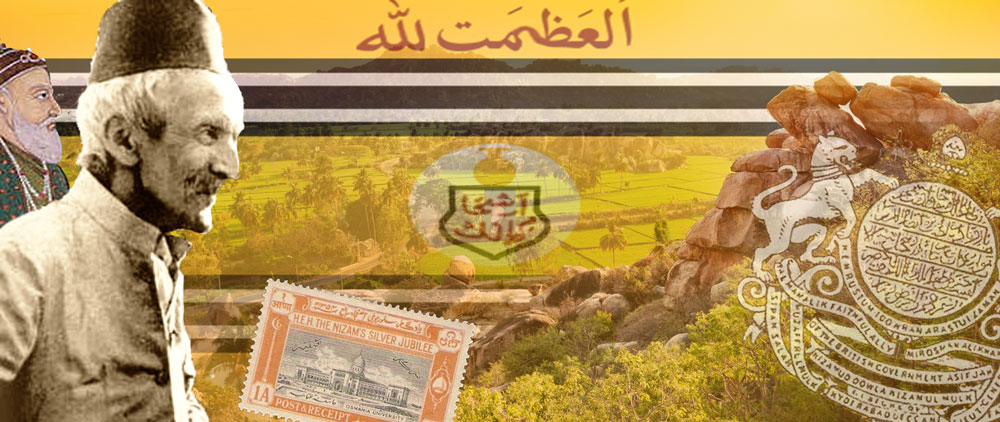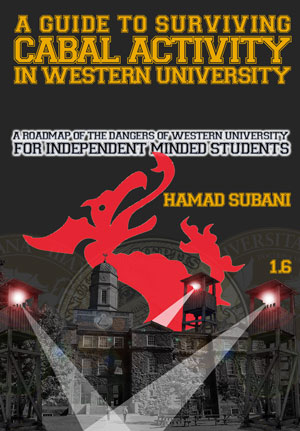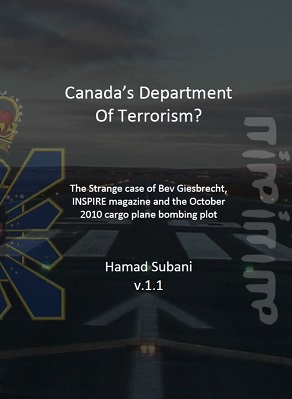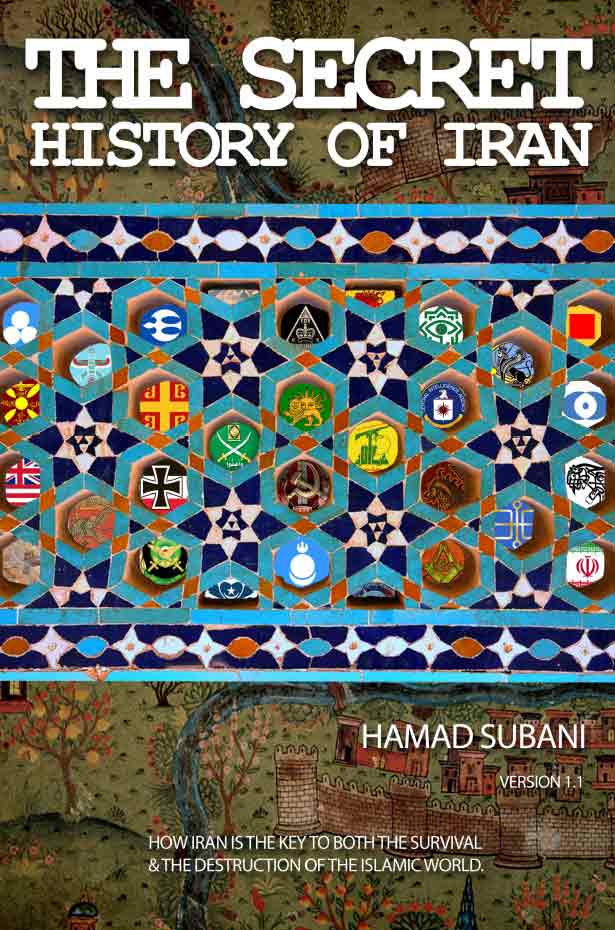
Chapter Two: Zulfikhar Ali Bhutto, PPP and the “Restoration” of the Baghdad Spooks
As seen from earlier uncovered history of Pakistan, the Baghdad Spooks were originally imposed upon Pakistan, and they were positioned to become formal royals following Jinnah’s abrupt exit. But that never worked out, thanks to a yet unknown Colonel. From 1958-1971, Pakistan would lapse into a military dictatorship. During this time, the only notable challenge to military rule came from the very same Baghdad Spooks (via Fatima Jinnah). But it seems that she was quickly poisoned by the same Army group that assassinated Liaquat Ali Khan.
Zulfiqar Ali Bhutto’s origins have been covered up. The only link we find to the Gujarat-based Baghdad crypto-Jews is reference to his family being Kutchi, which is in Gujarat. And again, his father played a controversial role in the affairs of the princely State of Junagadh, which again is in Gujarat. Coming to power in a palace coup, he tried to make the State cede to Pakistan (unsuccessfully). Zulfiqar Ali Bhutto married into an Iranian crypto-Jewish business cabal known as the Ispahanis.
Zulfiqar Ali Bhutto would form the proto-Communist Pakistan People’s Party in 1967. The Phoenicians were looking forward to transform Pakistan into another North Korea, and Bhutto was selected for the job. He openly admired Mao, and as Pakistan’s Foreign Minister, developed close relations with Beijing. In 1962, the Phoenicians decided to teach Nehru a lesson by having China launch an invasion of the northern territories of India. Premier Zhou Enlai and Mao invited Pakistan to join the raid, and Bhutto advocated for the plan, but General Ayub not only opposed the plan, but proposed a joint defense union with India. This greatly shocked Bhutto. Soon enough, a war was started between India and Pakistan, aimed to dent the authority and prestige of Ayub Khan.
Recently several people have written to my office wanting to know the facts concerning the stories that appeared in the London Daily Telegraph on September 13th and 14th by Victor Anant to the effect that our Ambassador [to India] told the Indian Government that a coup d’etat against President Ayub was imminent, and that subsequently the Indian attack was cleared with our Ambassador, Chester Bowles. This story in turn is subject to a column by Russell Kirk. Is there any comment that your Department would like to make that I can use in answering these letters? Your cooperation in this matter will be greatly appreciated.
US Congressman E. Ross Adair to the US Secretary of State, in a letter dated September 29th 1965.
During this war of 1965, Pakistan actually had a potential victory in Kashmir which could have greatly enhanced the prestige of Ayub Khan, but mid-operation, the command was transferred to Yahya Khan, who deliberately grenaded the operation! More on him later.
In the 1970 elections, the rise of Zulfiqar Ali Bhutto was supposed to be the comeback of the Baghdad Spooks. Despite support from all sides, Bhutto lost to an East Pakistani candidate (East Pakistan, now Bangladesh, had more people and therefore more votes). With the 1970 elections, the Phoenicians realized that now was the time to separate East Pakistan. This was necessary because:
- While the Phoenicians allowed the creation of East Pakistan in 1947, they never intended it to be a part of Pakistan. Sooner or later, it was to be wrestled away from Pakistan and was to be turned into an African/South American style Banana Republic, run by the CIA. Kissinger and the CIA had long gone to work sowing anti-Pakistani dissension in East Pakistan. The Anderson Papers later revealed that the US Consul in Dhaka was recalled immediately, after he started cabling reports of atrocities committed by Yahya Khan in East Pakistan. These were done once Western newsmen were quietly ousted from East Pakistan.
- Unless East Pakistan (and its voters) were separated, the Baghdad Spooks could never make a comeback as “elected civilian leaders” in West Pakistan. They (and the Muslim League) simply did not have the number of votes. And unless the PPP came to power, Pakistan could never go Communist. Instead it would continue to grow as an Islamic country. The original vehicle of the cryptos, The Muslim League, had been routed in the March 1954 elections held in East Pakistan, and this led to its demise on a national level.
- Unless East Pakistan (and its voters) were separated, Pakistan could end up with Sharia Law because East Pakistanis back then were more religious. This is why Communism was so fiercely peddled in East Pakistan.
- Unless East Pakistan (and its voters) were separated, they would have a big say in how the Constitution of Pakistan was created, easily bypassing Bhutto and the Baghdad Spooks. In fact, Bhutto had openly claimed that no Constitution could be written without his approval. In collusion, Yahya Khan announced on 1st March 1971 that the Convocation of the Constituent Assembly, scheduled to meet in Dhaka on 3rd March 1971 was postponed. This led to major unrest in East Pakistan.
- Creating a crisis in East Pakistan could help divert the attention of the Army from the crypto civilian leaders emerging in Pakistan, and the Army could also be framed for the crisis. This would be a great opportunity to extinguish the threat the Army posed to the Baghdad Spooks since the very early days of Pakistan. It would be like killing two birds with the same arrow. Later, Yahya Khan would bail out of East Pakistan and leave General Niazi to sign the Surrender Agreement.
Citing Pakistan Times two reports about East Pakistan, Mr. Mumtaz Ahmed [VP, Pakistan Labor Party] said a booklet entitled “East Pakistan’s Independent and Separate Economic Development” has been distributed by the U.S. A. I. D. And the very title of the booklet is indicative of the poison hidden in its contents. American agencies have in fact declared East Pakistan an “independent and sovereign state” and are now trying to bring round the Bengalis and convince them of the fact that as an independent country, they will make faster economic development and will set more foreign aid. American Agencies in East Pakistan are also propagating that East Pakistan’s future is linked with Southeast Asia and it is a natural part of the green belt of Burma, Indonesia, Malaysia and Thailand, now under control of US imperialism.
An article in the Pakistani newspaper Imroze dated 21st June 1970, which so irked the US Embassy at Rawalpindi that they sent a full copy to the US Department of State. The American Ambassador to Pakistan at that time was Joseph Farland, who is noted for arranging a secret trip of Henry Kissinger to China, via Pakistan.
Also reiterated charges of CIA document proving U.S. plot to separate East and West Pakistan.
A Confidential Telegram from the US State Department to the American Embassy at Lahore, dated 26th March 1970, alerting them that Maulana Bhashani was making these claims in West Pakistan. What is interesting is that Bhashani was a proponent of a free East Pakistan, yet he too seemed to be perturbed by the CIA beating him to it.
And so the Baghdad Spooks, led by the Bhutto/Yahya Khan combine, set out to deliberately Partition Pakistan, in conjunction with American Spooks. There are videos of Bhutto online in which he tells East Pakistanis to “Go to hell, swines.” The plan was that Yahya Khan would begin persecuting the Bengali citizenry, making them seek refuge in neighboring India. In neighboring India, they would be given armed training by India (under secret American agreement) and enter back into East Pakistan as the Mukti Bahini guerillas. However, it seems that Indira Gandhi overstepped her role, and decided to have the Indian Army invade East Pakistan, and in the process became a kingmaker in East Pakistan. This took Henry Kissinger by surprise, because suddenly, Western Intelligence Agencies were deprived of a role in the future of East Pakistan/Bangladesh. Following Indira Gandhi’s impudence, we see a flurry of Western arms deliveries to Pakistan, through Saudi Arabia, and through the Shah of Iran. Even the Soviets, longtime allies of India chipped in and sent 200 T-54 tanks in late 1970! Communist China also came to the support of Pakistan. The Phoenicians were mad at Indira Gandhi, and never forgave her (she got assassinated). And they never forgave the founder of Bangladesh Mujib-ur-Rehman either (he got assassinated too).

By 16th December 1971, East Pakistan had broken free, becoming Bangladesh, and General Yahya Khan, the President of Pakistan and Chief Martial Law Administrator resigned four days later, leaving the unelected Zulfikhar Ali Bhutto as President, Commander-in-Chief and the first “civilian” Chief Martial Law Administrator of Pakistan (Isn’t that a paradox considering that Bhutto pretended to be a “Civilian Leader”?).
In other words, Yahya Khan allowed Pakistan to lose half its territory, while at the same time, ensuring that not Bhutto, but the Army would take the fall. Later, when Bhutto assumed power, he actually paid Indira Gandhi the expenses of keeping captured Pakistani Army personnel rather than allowing them to return home! Apparently, the Baghdad Spooks were fearful of them. Yahya Khan thus paved the way for Bhutto with his abdication. So was Yahya Khan acting in cahoots with the Baghdad Spooks? There are indications that unlike his predecessor General Ayub Khan, Yahya Khan was compromised.
- He was born in the Spookopolis of Chakwal to a “Shiite” family. We have previously identified Chakwal with the Shah Mir Spooks. He studied at the Spookopolis of Dehradun.
- His father as a British-Indian police officer, was involved in the fake death of Bhagat Singh, which was another Phoenician op to distract from Gandhi’s calls to non-violent agitation.
- His appointment to the Pakistan Army Command in 1966 was considered very controversial.
- His Chief of Army Staff Tikka Khan was considered to be the architect of atrocities in East Pakistan. Tikka Khan later emerged as an important PPP politician and was made National Security Advisor by President ZulfiKhar Ali Bhutto, and later Governor of Punjab by Benazir Bhutto.
Turning to “the mystery of why the Pakistani Army had not been more aggressive on the Western front”, Rao [Rao Rashid; Deputy director of Pakistan’s Intelligence] said that Yahya and his “coterie of generals” had no plans to fight. Yahya’s acceptance of UN observers as well as his offer to withdraw his troops from the border before the war began, reflected his unwillingness to get himself involved in a war with India.
A Confidential Dispatch from the American Consulate at Peshawar the Department of State, Washington. Dated 17th February 1972.

From then onwards till 1977, Zulfikhar Ali Bhutto ruled Pakistan like a self-appointed royal, first as President and then as Prime Minister. Many of his opponents would end up getting killed in mysterious circumstances. Bhutto turned his focus back to making Pakistan as red as Mao’s China. Nationalization policies were instituted for industries and private property was all set to be abolished. The United States supplied him with devices to engage in eavesdropping, surveillance and torture. He also created a “Federal Security Force” of 13,000 thugs to carry out his Communist programs. The biggest obstacle turned out to be religious clerics like Maududi, whose earlier statements on the Qadiyanis/Ahmadiyyas had forced earlier rulers to do a U-turn and officially declare them as non-Muslims. But the Soviets were in Afghanistan and the Baghdad Spooks were hopeful that when they would reach Pakistan, they could rely on Soviet military assistance to quash groups that would defy them. [1]Few people know that Bhutto was dead-opposed to the jihad in Afghanistan. A Pakistani-American acquaintance tells me that they sent some funds for this purpose back then, through Pakistan. Bhutto’s cronies not only intercepted the funds but tried to engage American authorities to prosecute the senders. When Bhutto went around making claims that his Socialist system would allot fixed quantities of land to all Pakistanis, Maududi did some quick math and announced that there wasn’t enough land in Pakistan to fulfill his empty promises. This enraged Bhutto. Later, Maududi began openly calling for the overthrow of Bhutto. In 1977, Bhutto had the military surround and blockade Maududi’s headquarters in Lahore, and prepare for an assault on his compound. But on 5th July 1977, General Zia launched a coup against the Bhutto government, and Bhutto was hanged in 1979 for a political murder he had arranged earlier.[2]Just before Bhutto was hanged, he was given a copy of the Quran. He quietly put it aside, and instead requested a shaving kit. Some believe this is indication that he was a non-Muslim all along. His defender happened to be noted American lawyer Ramsey Clark.
The Strange Tale of the PNS Ghazi
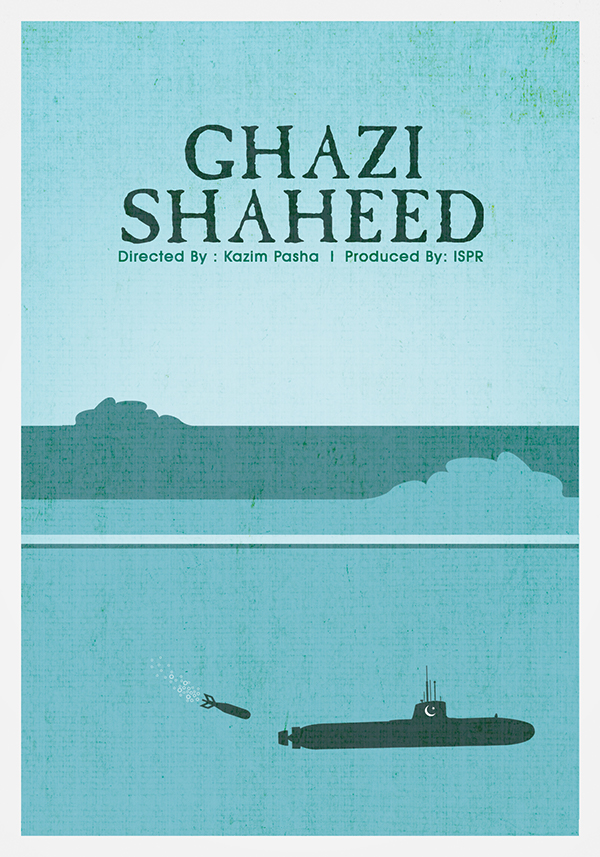
On 14th November 1971, just one month before East Pakistan had broken free, a submarine of the Pakistani Navy, the PNS Ghazi quietly sailed 4,800 km around the Indian peninsula from the Arabian Sea to the Bay of Bengal on a secret mission, to sink India’s only aircraft carrier, the INS Vikrant. This is already sounding rather quixotic, given the fact that with East Pakistan almost lost (thanks to the deliberate efforts of Bhutto and Yahya Khan), the submarine would be obviously denied the port facilities of East Pakistan, and submarines back then operated erratically and were prone to failures.
It seems that the PNS Ghazi had an even bigger secret mission, one which even its crew were kept in the dark about. The CIA and the American Deep State were working in secret coordination with Bhutto and Yahya Khan to let East Pakistan break free. At the same time, Bhutto and Yahya Khan were engaging in murderous rampages of the leaders of the resistance against Pakistan. This would prevent the emergence of genuine leaders in future Bangladesh, and the CIA would thus be able to install its own candidates as leaders. Neighboring India under Indira Gandhi was also given a role in this op, and was happily providing all kinds of support to the rebels. They were occasionally coordinating with American forces. The US 7th Fleet was in the Bay of Bengal (and later Indian forces would happily take credit for American air strikes in East Pakistan, which were launched from its aircraft carriers). To quote,

A carrier task force of the Seventh Fleet, Task Force 74 (TF 74), entered the Bay of Bengal at the height of the war in December 1971. Its mission was to support Pakistan during the war. TF 74 comprised the nuclear-powered aircraft carrier Enterprise; the amphibious assault carrier Tripoli; the destroyers Decatur, McKean, and Orleck; the guided-missile escorts Waddell, King, and Parsons; the nuclear-powered attack submarine Gurnard; and supply ship Wichita.
Sensing opportunity, Indira Gandhi went beyond what was secretly agreed with the Americans and started planning an all-out invasion of East Pakistan. Realizing that she could easily turn the new nation of Bangladesh into an Indian ally (rather than a CIA banana republic, as was the plan), it was decided to make her back off, by sinking the INS Vikrant. This would be accomplished by an American submarine already operating in the Bay of Bengal. But having the PNS Ghazi in the vicinity (and on a parallel mission) would give the American submarine plausible deniability.

It seems that before this was okayed, Indira Gandhi was approached in secret one last time, and was told that the INS Vikrant was in the crosshairs of a Pakistani submarine. And since the Indian Navy lacked the expertise and resources for submarine warfare, only the American Navy could deal with the Pakistani submarine. But only if Indira Gandhi cancelled the invasion, and pulled back Indian troops from the soil of East Pakistan. It seems Indira Gandhi agreed, and accordingly, an American Navy submarine (obviously, the Gurnard) attacked and sank the PNS Ghazi on 4th December 1971 off the coast of Vishakhapatnam, the headquarters of India’s Eastern Naval Command where the INS Vikrant was scheduled to dock. The Indian Navy happily took credit, although there was later independent testimony that that they weren’t exactly around. To quote,
An independent testimony stems from an Egyptian naval officer who was at that time serving on an Egyptian submarine which was undergoing refit in the harbour. He has confirmed the occurrence of a powerful explosion in the vicinity of the harbor late at night. There were no naval ships, as reported by this officer, outside the harbor at that time and it was not until about an hour after the explosion that two Indian naval ships were observed leaving harbor.

But once this threat was eliminated, it seems Indira Gandhi immediately reneged on the secret agreement, and did not withdraw Indian troops on East Pakistani soil. On 9th December 1971, the Indian Navy Frigate INS Khukri got torpedoed off the coast of Gujarat, on the Western coast of India, taking down with it 194 men. We are told that this was the work of a French-built Pakistani submarine. If indeed true, this this would be the first time a warship was sunk in action by a submarine since World War II, and the only recorded submarine kill after World War II. An easier explanation is that the American Deep State was now mad at Indira Gandhi (she later got assassinated).[3]To quote the Indian side on the coverup of the sinking of the INS Khukri, “The naval officer who led the inquiry into the sinking, Benoy Bhushan, has claimed that India’s official naval history invented fictional accounts to cover up bungling and a surviving sailor from the frigate, Chanchal Singh Gill, has called for an investigation and withdrawal of gallantry awards to negligent officers in the squadron.”
Both Pakistan and India later made vivid, cartoonish movies on the sinking of the PNS Ghazi, which is usually done if a coverup is mandated, and the semi-literate plebs have to be fooled. India would later backtrack. To quote,

In 2010, it was reported that the Indian Navy had destroyed all records of the sinking of the submarine Ghazi. Vice Admiral G. M. Hiranandani, who was tasked with writing the official history of the navy, said that he was unable to obtain any old files regarding Ghazi sinking. One of the retired navy officer who saw action in 1971 said that the destruction of the Ghazi papers and those of the army in Kolkata depicts the many instances when Indian war history has been deliberately falsified. He further stated that ‘We have enough heroes. In fog of war, many myth and false hero may have been created and many left unsung’. In 2011, former Indian naval chief, Admiral Arun Prakash quoted in the national security conference that [Ghazi] had sunk under mysterious circumstances, “not by INS Rajput as originally claimed.” Parkash later published an article in Indian media in 2021 in which he stated that PNS Ghazi sank due to an internal explosion.
On the Pakistani side, the Hamoodur Rahman Commission which was formulated to coverup the events of 1971 never even mentioned the PNS Ghazi. Later, the Pakistani Navy would come up with some cock and bull theories. Following the fall of East Pakistan, Pakistan Navy’s Eastern Command head Admiral Sharif would end up being captured by Indian forces. He would have definitely known a thing or two about the fate of the PNS Ghazi. Interestingly, U.S. Navy’s CNO Admiral Elmo Zumwalt visited him while he was “imprisoned” in the Spookopolis of Fort William in Calcutta in 1972. Immediately thereafter, President Nixon forgave the debt of the PNS Ghazi which was owed by Pakistan (It wouldn’t be fair to collect it if they sank it, wouldn’t it?). Admiral Sharif was soon released back to Pakistan one year later, and in 1974, he was promoted as Vice-Admiral and appointed as Vice-Chief of Naval Staff.

And before I forget, the then Chief of Staff of Pakistan Navy during the 1971 war was Admiral Hasan Hafeez Ahmed. On 8th March 1975, he would succumb to poisoning and die in mysterious circumstances. On 23rd March 1975, Prime Minister Zulfikhar Ali Bhutto would appoint Admiral Sharif as the new Chief of Staff of Pakistan Navy. In 1976, Vice-Admiral Shariff was promoted to four-star rank Admiral by Bhutto’s President, the first four-star appointment in the history of the Navy since its establishment in 1947. On 22nd January 1977, he was appointed acting Chairman Joint Chiefs of Staff Committee. As chairman, he appointed Admiral Karamat Rahman Niazi as Chief of Naval Staff. After Bhutto, he soon earned the trust of General Zia and later figures in covert American assistance to the mujahideen, which made use of the port of Karachi. He also received The Legion of Merit, a US Army award.
We are not done yet with major powers figuring in Indo-Pak wars. In the Planned 2019 Indo-Pak War (which will be discussed later), we find a plan for US bombers to strike Pakistani cities (with India taking credit) and Chinese bombers to strike Indian cities (with Pakistan taking credit). It seems this was an overhaul of the same strategy foreign powers took in the 1971 war.
- Chapter Six: The Free-fall Years (2008-2018)
- Crypto Comeback in Post-Musharraf Pakistan
- Escalation in American Drone Strikes in Pakistan
- The Fake-killing of Osama Bin Laden
- The China-Pakistan Economic Corridor project
- The Murder of Mullah Omar
- The rise of the fake Tehreek-i-Taliban Pakistan in Pakistan (a CIA-linked terrorist group)
- The Deliberate Gutting of the Pakistani Economy
- Chapter Seven: Imran Khan, the designated “Last Prime Minister of Pakistan” and the Planned 2019 Indo-Pak War
- Political Leadership had to be Compromised by the Cryptos in both nations for the Planned 2019 Indo-Pak War
- Military Leadership had to be Compromised by the Cryptos in both nations for the Planned 2019 Indo-Pak War
- Nuclear Weapon Administration in both countries had to be Compromised and Compartmentalized by the Cryptos in both nations for the Planned 2019 Indo-Pak War
- Air Defense in both countries had to be Compromised and Compartmentalized by the Cryptos in both nations for the Planned 2019 Indo-Pak War
- Media had to be Completely Compromised by the Cryptos in both nations for the Planned 2019 Indo-Pak War
- What a Postwar Subcontinent would look like…..
- Chapter Ten: Lists of Cabal Operatives in Historical Pakistani Leadership
| ↑1 | Few people know that Bhutto was dead-opposed to the jihad in Afghanistan. A Pakistani-American acquaintance tells me that they sent some funds for this purpose back then, through Pakistan. Bhutto’s cronies not only intercepted the funds but tried to engage American authorities to prosecute the senders. |
|---|---|
| ↑2 | Just before Bhutto was hanged, he was given a copy of the Quran. He quietly put it aside, and instead requested a shaving kit. Some believe this is indication that he was a non-Muslim all along. |
| ↑3 | To quote the Indian side on the coverup of the sinking of the INS Khukri, “The naval officer who led the inquiry into the sinking, Benoy Bhushan, has claimed that India’s official naval history invented fictional accounts to cover up bungling and a surviving sailor from the frigate, Chanchal Singh Gill, has called for an investigation and withdrawal of gallantry awards to negligent officers in the squadron.” |


